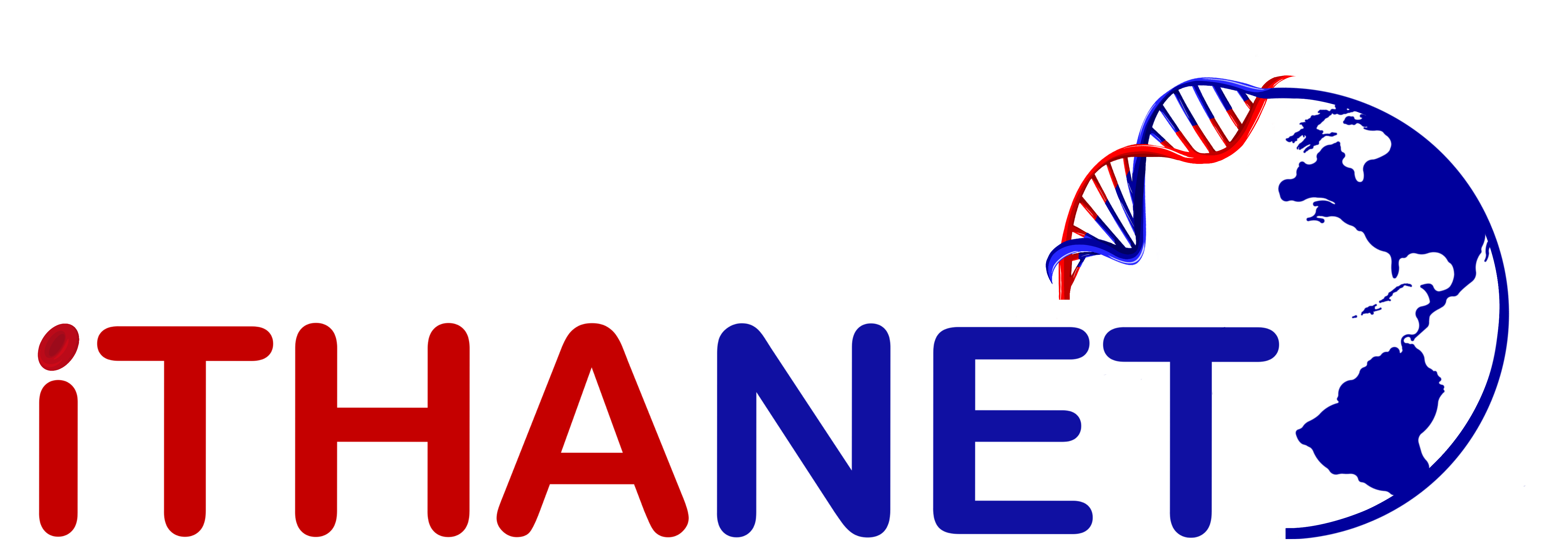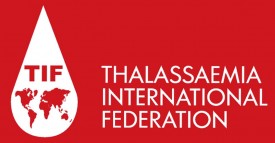
Rare Disease Day is an annual, awareness-raising event co-ordinated by EURORDIS at the international level and the National Alliances of Patient Organisations at the national level. February 29, 2012 marks the fifth international Rare Disease Day coordinated by EURORDIS and organised with rare disease national alliances in 25 European countries. On this day hundreds of patient organisations from more than 40 countries worldwide are organsing awareness-raising activities converging around the slogan “Rare but strong together”.
Activities will take place across Europe, all the way to Russia, continuing to China and Japan, in the US and Canada, and as far as Australia and New Zealand! Get involved! The focus of this year's event is Solidarity.
More information: Rare Disease Day 2012



